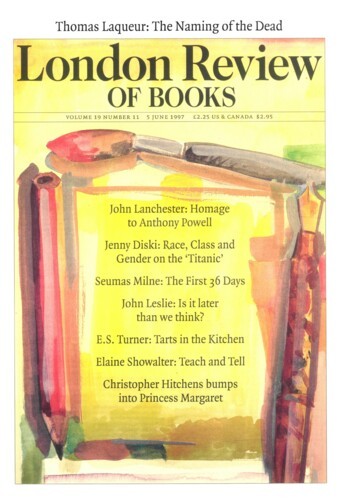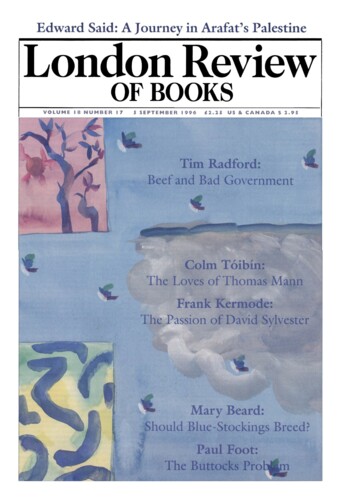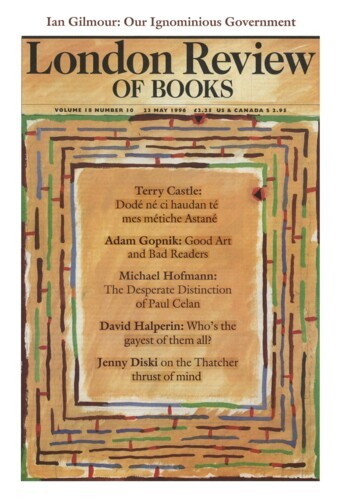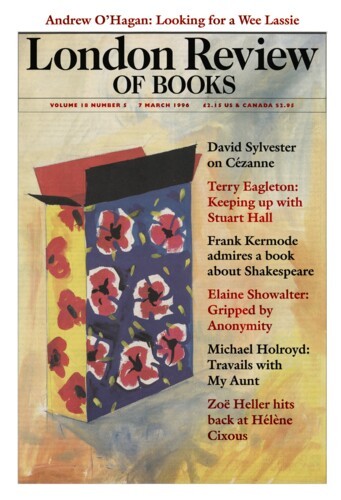Hitchcocko-Hawksien
Christopher Prendergast, 5 June 1997
In Martin Scorsese’s Casino, Ace Rothstein (Robert De Niro) remarks that Las Vegas is about ‘selling people dreams for cash’ and, in a memorable elaboration of this cliché, that ‘it does for us what Lourdes does for hunchbacks and cripples.’ Much the same has been said about the culture of cinema, and how Scorsese’s film stands in relation to its subject is an interesting question. In fact, the marriage between movietown as the factory of illusions and Las Vegas as the palace of dreams is ostentatiously consummated in the credits sequence, as lights and camera-work produce a cascade of glittering special effects that mirrors the dazzle of Vegas itself. But the cascade is also enveloped by flames and this narrative allusion to the car firebomb that nearly finishes off Rothstein can also be read as a kind of hellfire, consuming both the world of Las Vegas and the cinematic image before us. It is accompanied on the soundtrack by an excerpt from the St Matthew Passion.





